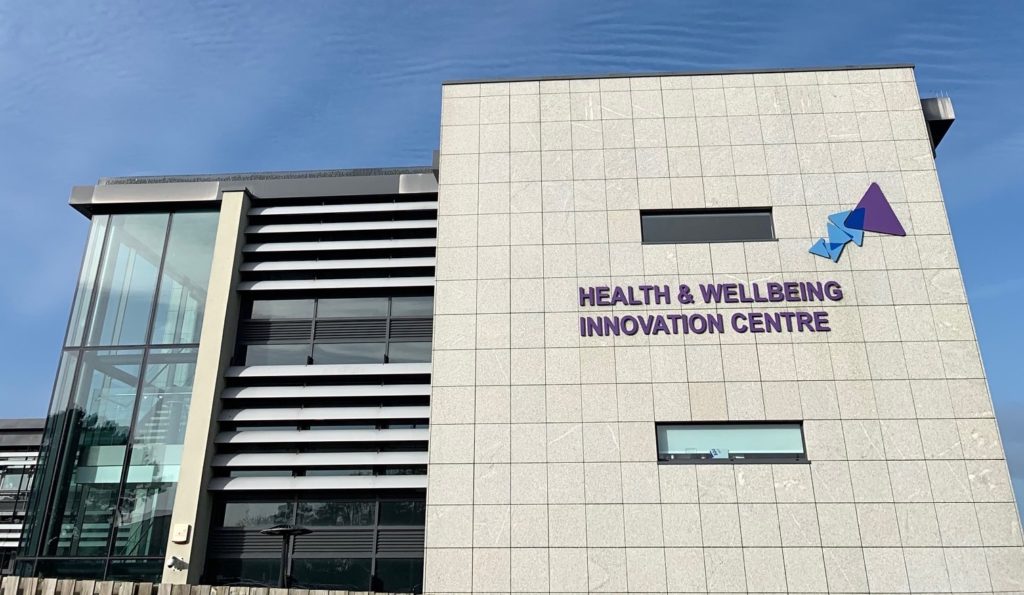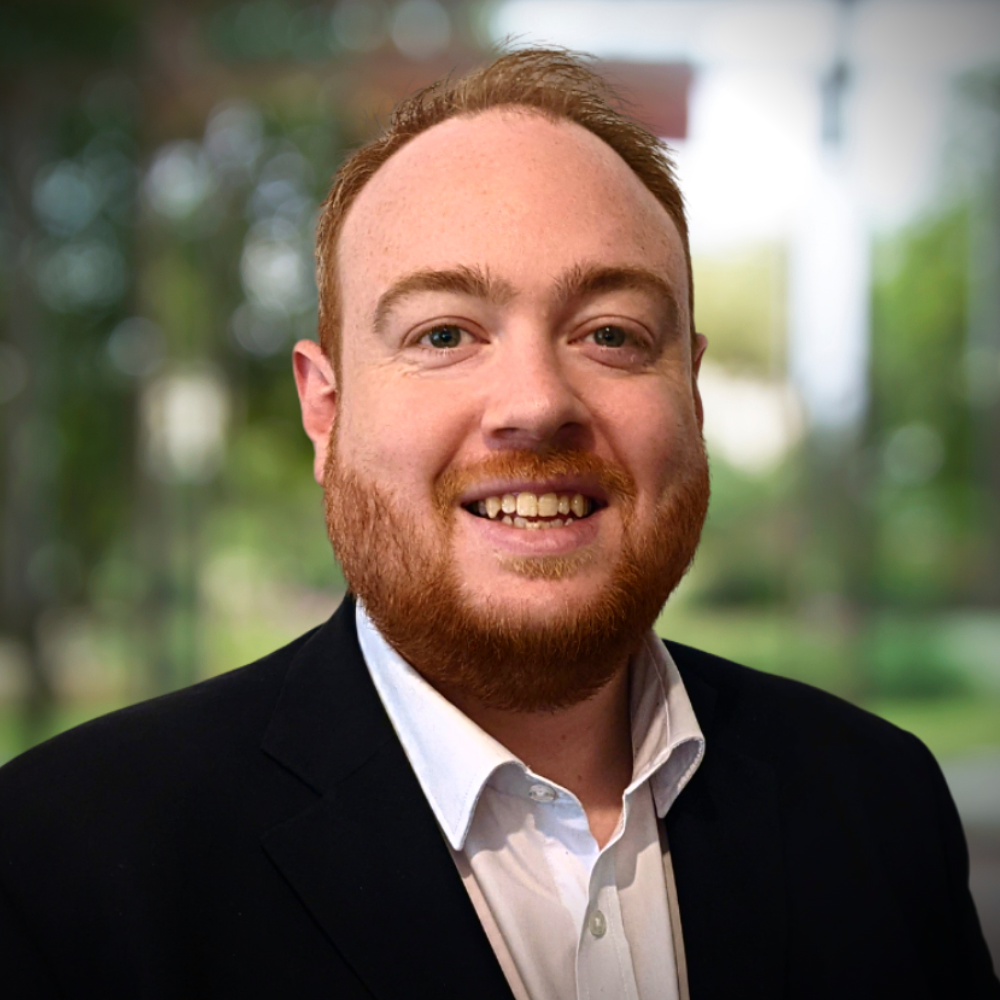A beta state of mind: reflections from Cornwall’s first Health and Care Expo
Written by Lauren GillOctober saw Cornwall stage its first Health and Care Expo at the Health & Wellbeing Innovation Centre in Truro. Cornwall might not be the first place that springs to mind when it comes to cutting-edge innovation, but the event served as a clear reminder that the county is one of the leading lights in a fast-growing South West England tech hub.
The Expo was split into two parts: an exhibition area featuring suppliers touching everything from prevention, self-care, primary care and mental health through to the use of AI, data and video; surgery medicine and diagnostics and supporting the workforce, and an impressive programme of presentations from experts drawn from across the sector. It was a unique opportunity to hear from a broad range of doctors and surgeons currently working day and night in the medical profession, and in between to develop new technology-based solutions which will improve ways of working and outcomes for their patients.
Care pathway companions
One such example was Dr George Brighton, a GP from Tiverton and Dr John McGrane, oncologist at the Royal Cornwall Hospital (RCH) in Treliske, who talked about their journey to develop the Sunrise app through Technical Health, a company looking to improve healthcare through technology. Winner of an HTN award last year, the app is a patient companion through the cancer journey which supports them with the right information at every stage of their care. It takes them on the whole journey, providing advice on what is happening at each stage, who is looking after them and what to look out for.
While the quality improvement and knock on savings are difficult to measure, the benefits case for a digital pathway is nonetheless indisputable. Against the increasing complexities of treatment and changes to how cancer is diagnosed and managed, the app serves as a source of trusted information authored directly by their trust and cancer specialist. Patients are consequently better informed, have better access to the service and a better overall experience. Interestingly, Dr Brighton challenged the misconception that delivery of such material via an app would present a barrier to the elderly – an idea which becomes increasingly irrelevant as we age and technology is part and parcel of everyday life.
It’s easy to see how the concept is replicable across specialties and has common value. At present collecting data through it is accompanied by many challenges, but it is conceivable that in future it could collect invaluable information during and after treatment, and potentially interface with patient records to create an invaluable joined up view of each patient’s unique experience navigating their condition.
Clinician decision support
More fascinating perspective came from Dr Nathan Moore, orthopaedic registrar at RCH. Having won a place on the NHS entrepreneur programme, he has developed Ortho Pathway in response to his experience as a trainee doctor trying to decide on the right treatment pathway for patients. His frank account of frontline staff under extreme pressure, faced with complex decisions and with no access to tools to support them in making them made way for a compelling case in favour of his innovative platform which intuitively helps guide clinicians in their work.
This decision support stands to relieve stress for staff and simultaneously increase their bandwidth for spending time with the patients in their care. As well as improving the experience for staff, patients receive better quality of care as those early decisions can have a profound knock-on effect for their recovery. Much like the Sunrise app, the model could be replicated across other specialties – rolling out a suite of interactive flow chart generators to aid clinicians in their work. The decision log can also be sent as a PDF to the EPR; another example of the benefits of open technology platforms when it comes to data in a healthcare environment.
Dr Moore reflected on the 4th industrial revolution we are experiencing, citing the exponential rate of tech advancements and how we are in a constant state of beta – always evolving and adapting. Significantly, he stressed that machines and computers will never replace people, but can allow us to focus on being healthcare professionals – a point of view it is fair to say was echoed in a session led by Richard Wyatt-Haines of Health and Care Videos, a company which develops video libraries for trusts which help patients through pathways of care.
Digital potential
Wyatt-Haines explored the size of the untapped opportunity to deliver information digitally – again dismissing the anarchic idea that older people won’t use technology. Rather than it replace face time with clinicians, he suggested it could reduce the need for unnecessary appointments, so that time can be better spent where most valuable with patients.
These three examples share a great degree of commonality which sums up the overall tone of the Expo. There is so much potential for digital to transform our healthcare system in every single aspect – and for the better. If everyone embraces a beta state of mind – trusts, clinicians and patients alike – technology knows no bounds.



